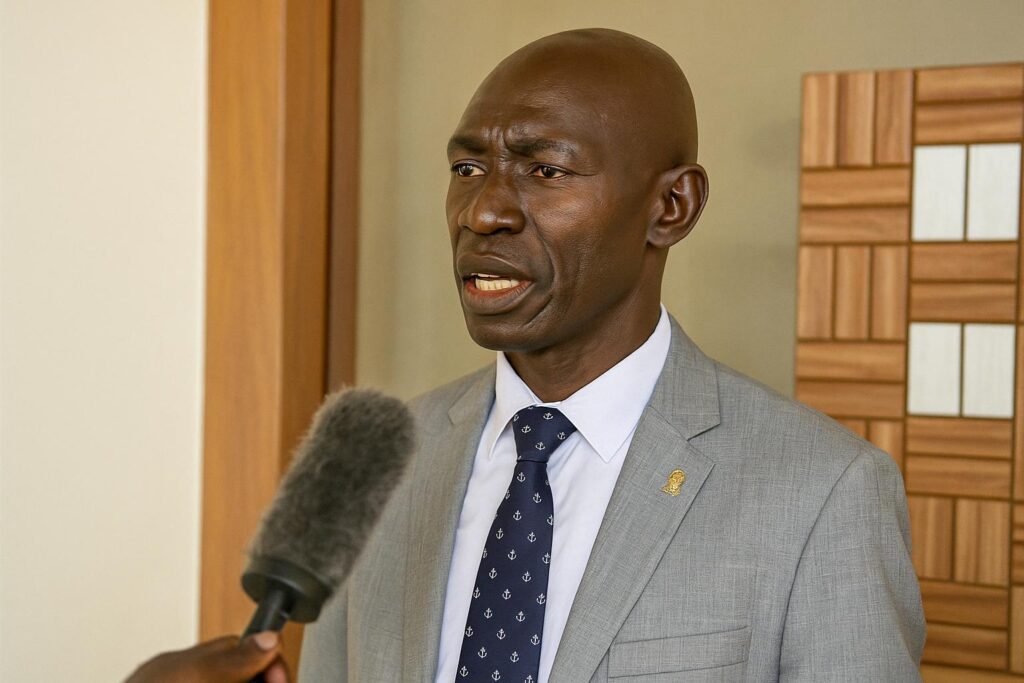Rising Civilian Toll
Fresh skirmishes between the Sudan People’s Liberation Army in Opposition and the South Sudan People’s Defence Forces have shaken several counties this week, leaving homes burnt and markets deserted as frightened families flee into the bush or across rivers in search of shelter.
Local clinics report running out of basic supplies, while school calendars are again disrupted. Community elders warn that the cyclical nature of violence is widening food insecurity and deepening trauma among youths who have known little but war.
Activist Voices Alarm
Human-rights advocate Edmund Yakani, head of Community Empowerment for Progress Organisation, condemned renewed hostilities in a statement shared with The Dawn Newspaper, stressing that “citizens are paying an exorbitant price with their lives”.
Yakani added that tit-for-tat offensives only “close minds to dialogue” and warned that violations, including forced displacements and arbitrary arrests, are climbing in areas previously considered stable.
Dialogue Over Force
Civil society groups argue that the 2018 revitalised peace agreement remains the best framework for settling grievances, yet implementation benchmarks on unified forces, constitutional review and elections still lag behind schedule.
Political analyst Mary Aban observes that “military pressure may win territory, but never hearts”, warning that each clash widens mistrust between communities that must eventually share schools, wells and farmland.
Call for Responsible Leadership
Yakani urges commanders to exercise restraint and political principals to “embrace maturity and discipline” as the country navigates a delicate transition toward elections slated for late 2024.
Observers note that safeguarding villagers and guaranteeing humanitarian corridors could rebuild public confidence, opening space for the inter-party dialogue repeatedly endorsed by regional mediators.


